By now we must all have heard about the Dunning-Kruger Effect. Only a few months ago, nobody heard or spoke of it, now everyone is handling it as if it had been in their childhood reading books.
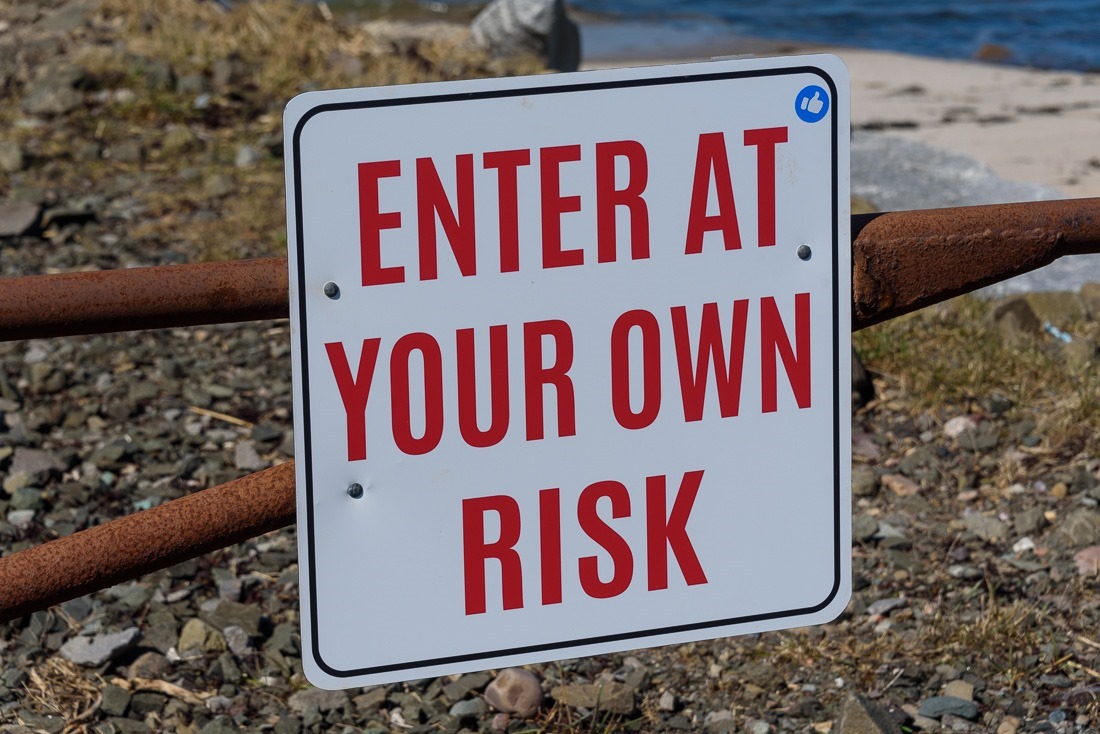
Without putting a name on it, by lack of knowing about these guys, I have been writing about this several times on this blog.
When Christmas comes and goes, a slew of new “John/Jane Doe Photography” websites and even real companies pop up. As more seasoned photographers, we let them go and do their thing. Last year’s John/Jane Doe Photography companies are invariably complaining about the newcomers.

No foggy idea
“They will take our business away!” is an often heard outcry. And then they act afraid and offended as if the whole photography trade were theirs in the first place.
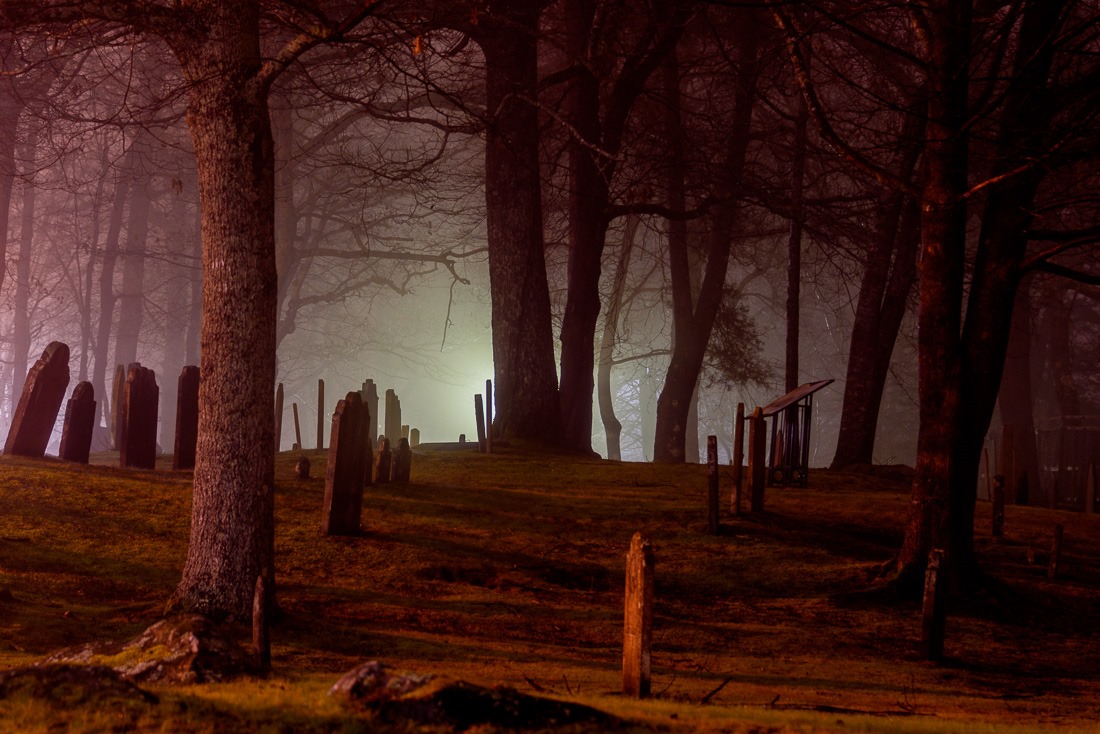
Knowledge is out there, somewhere
So where is (for photography) this Dunning-Kruger effect coming from? First off, let’s find a Wikipedia article about this study: https://en.wikipedia.org/wiki/Dunning%E2%80%93Kruger_effect. This states clearly that it does not involve “stupid” or “intelligent” people exclusively. It’s a matter of overconfidence in one’s abilities in a certain domain.
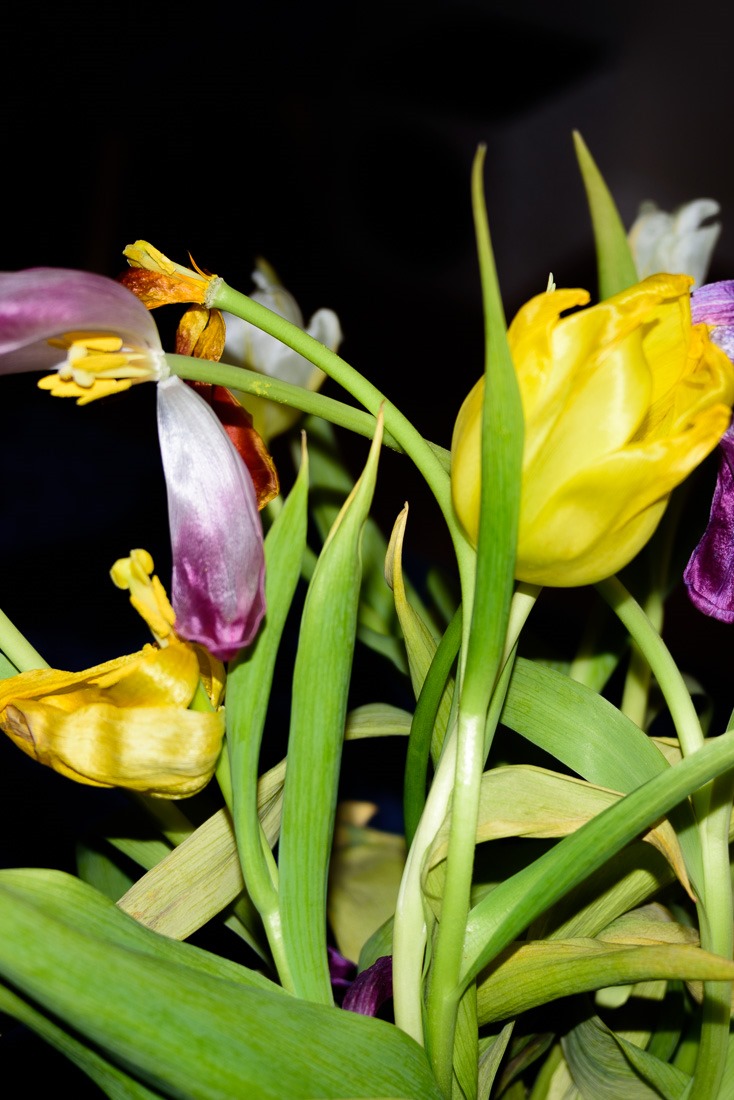
All entangled thought
A math teacher can be a miserable photographer, but is highly skilled in mathematics. I suck at math (always have since high school) but I can defend myself in photography. “To each his own”, they say. If I were to say I am great in math because I can resolve x2+2xy+y2=0, the math teacher will laugh his/her head off, and present me with something more challenging. I would fail at that second attempt.
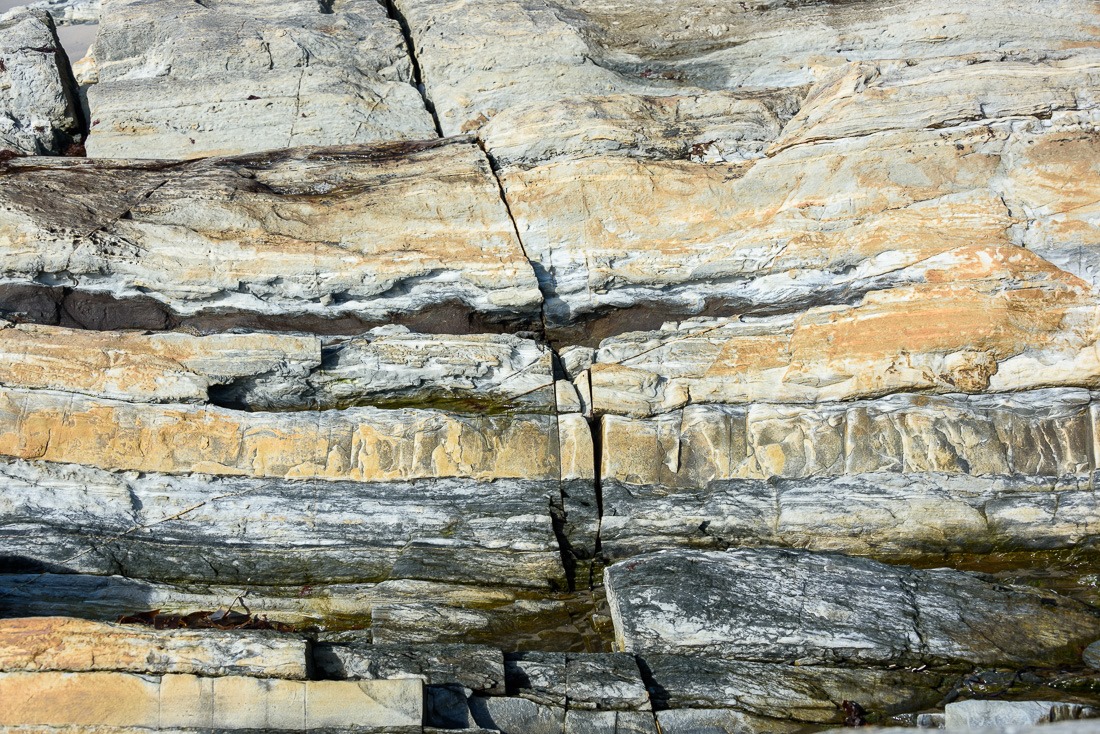
Crushed by the absence of knowledge
Yet the math teacher may be unable to create a decent photograph of some subject. And there is the difference. Today, the math teacher or budding photographer is presented with such an intelligent tool that is his camera, that he can forego to learn the basics and principles of light and photography. A skill he would have had to learn in the old film days.
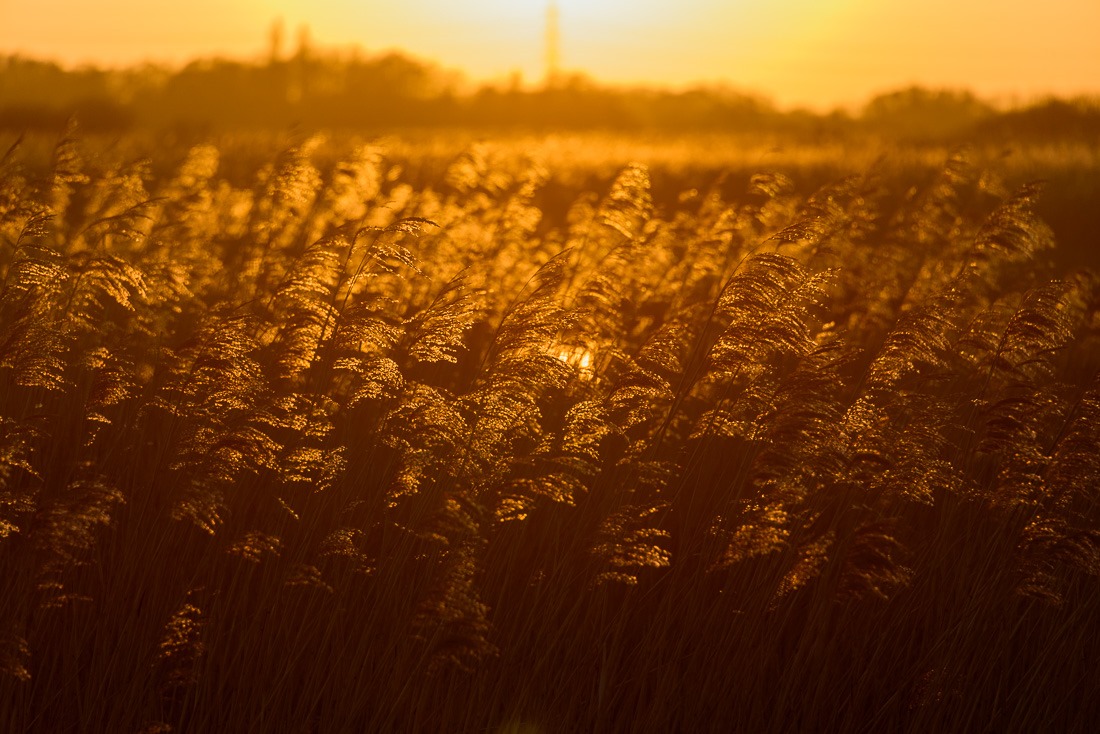
Dawning of knowledge
He can directly dive into the heart of the subject and get reasonably good results. So photography is easy, right? And that is where Dunning and Kruger come in. They formulated that the “beginner” in any field is often over-confident in their own knowledge, while knowing insufficiently of it at the same time.
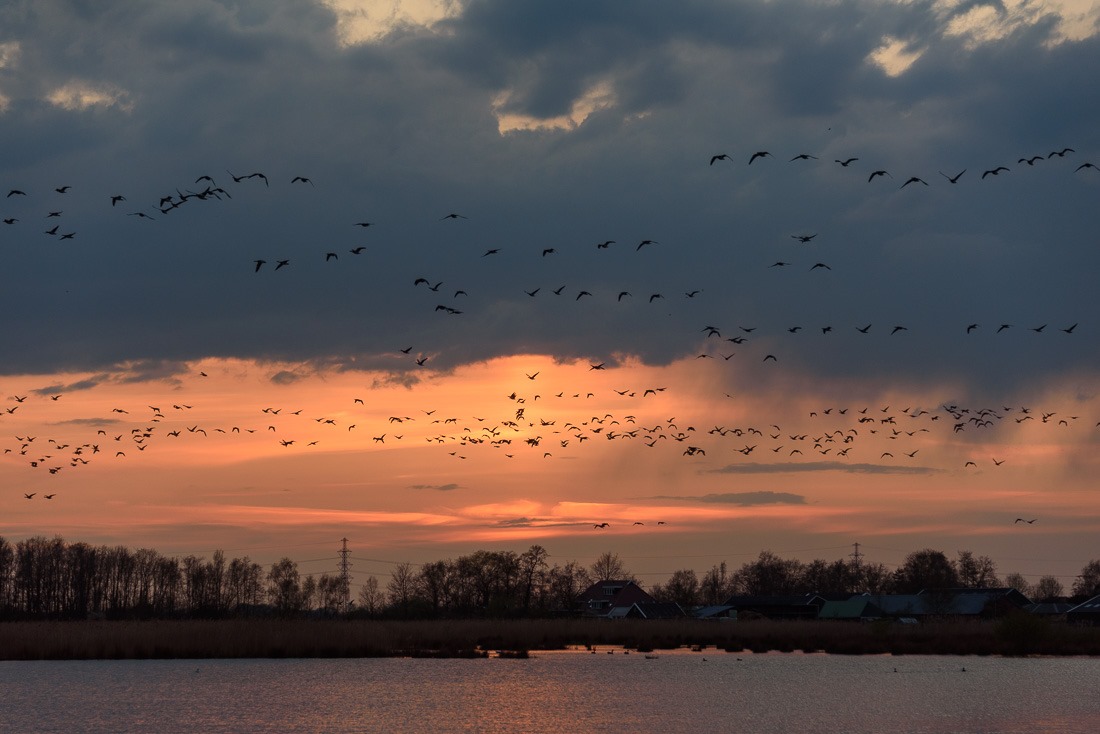
Taking flight
I cannot speak of the different fields they put to the test, like aeronautics or medicine. Social Media was bursting with virologists not long ago. Today, they have become war strategists and snipers. The usual idea is “Oh, that looks easy enough, I can do that too!”. Yep, give me a detailed “Paint by numbers” and I can reproduce the Mona Lisa too. Hell, I can even improve on it and become famous, right? Photography has become a “Paint by numbers” occupation for many.
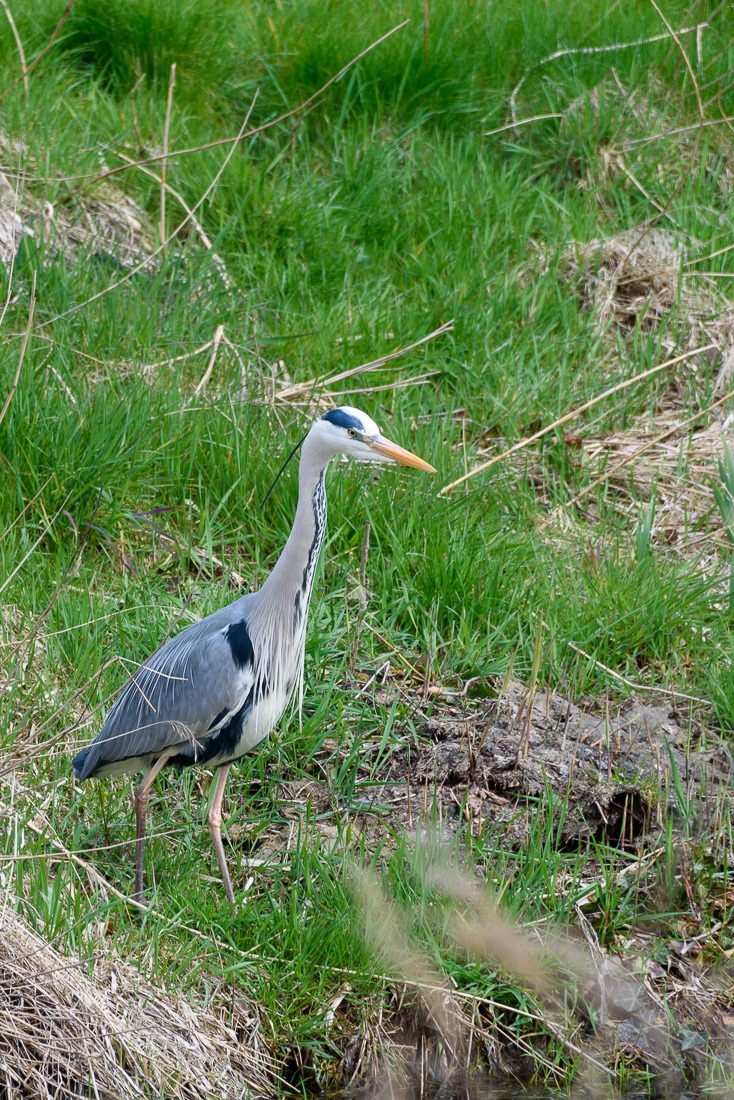
Wondering if knowledge can be stolen somehow
If you have the EXIF information and similar equipment for a photograph, you can reproduce that photograph in the wild, right? Knowing numbers and stats doesn’t give you the ability to create that same picture. Too many things are still different. Often I hear “Hey, I have that exact same picture!”. No you don’t, and you never will.
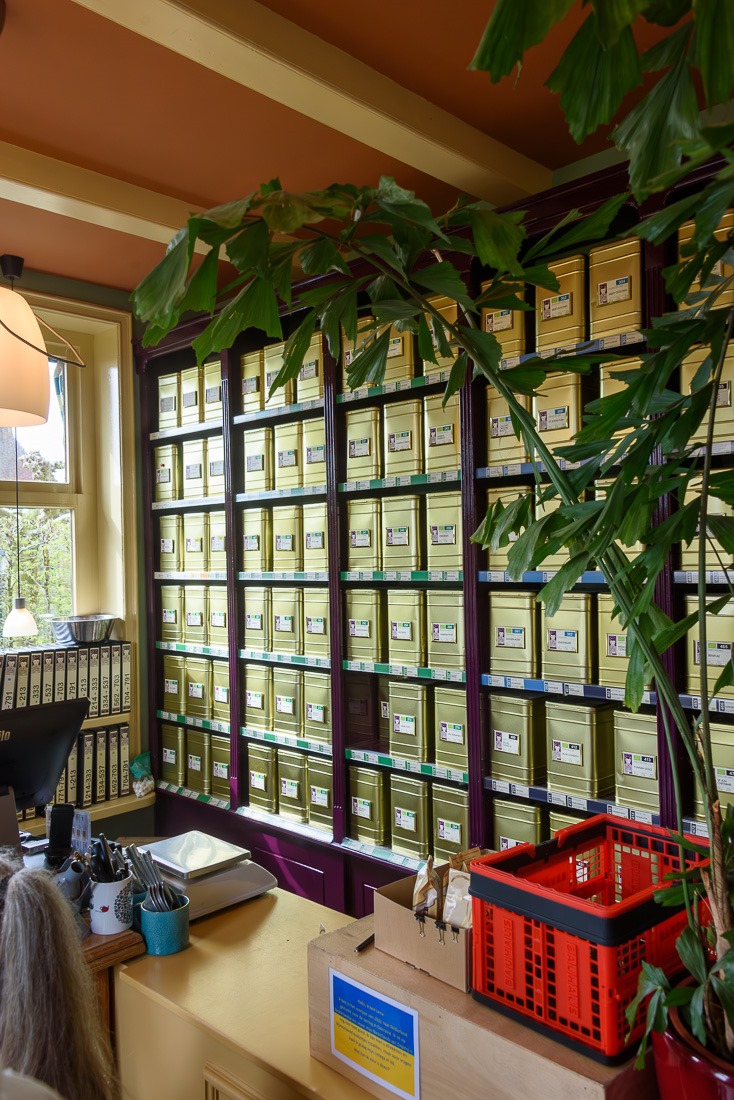
It must be in there!
A craft has to be learned, by doing it, practicing, throwing away the obvious rejects and keeping the failures to learn from. My Lightroom Catalogue contains numerous photos marked “Test shot” as well as the reasoning behind them and the expected and obtained results. Sometimes I go over them, just to make sure to not make the same mistakes again.
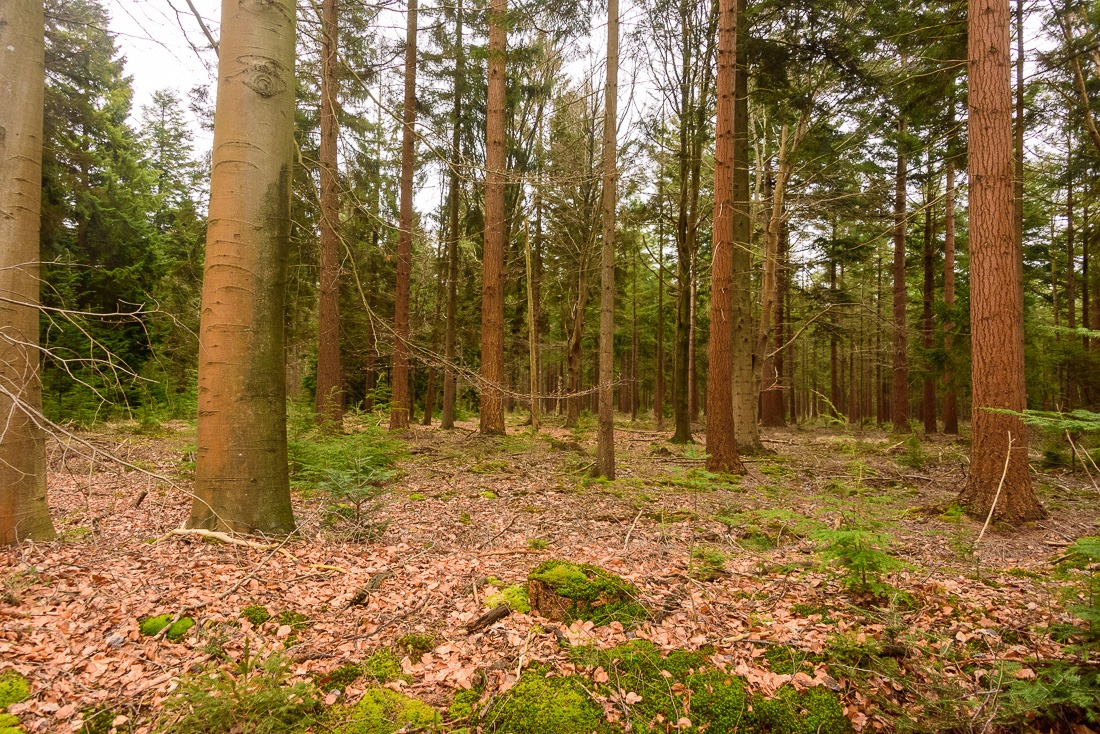
Trees hiding the forest
That is learning. That is not something one can do in the two weeks following Christmas with the new camera/gear. I don’t consider myself an expert in photography, far from it. But one thing is sure, I have passed that stage where I can confidently say that “I can do that too! Easy!”. Photography comes with all kinds of unexpected surprises that put me back into the beginner’s seat to learn something new.
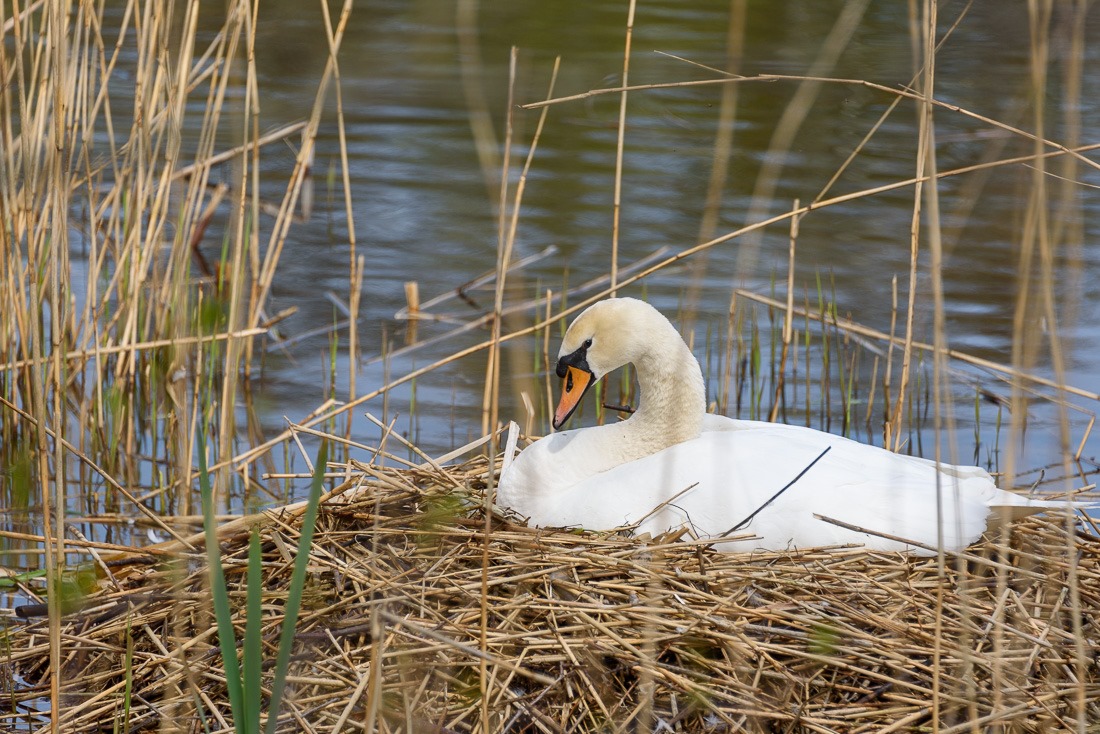
Hatching an original idea in the end
Perhaps that is why I like photography. It always presents some challenges that were not there yesterday. If Dunning and Kruger can teach us one thing, then that should be “You don’t know as much as you think, until you really do”.
Now let’s go out there, shoot subjects and learn some more, we’re not at the end of that road yet. Most of all, stop saying that you “know”… ![]()
Until next time…
